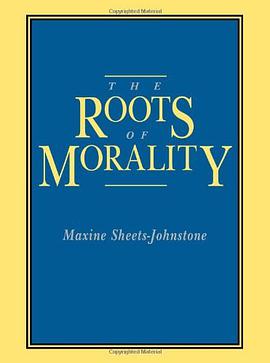

具体描述
This book argues the case for a foundationalist ethics centrally based on an empirical understanding of human nature. For Maxine Sheets-Johnstone, "an ethics formulated on the foundations of anything other than human nature, hence on anything other than an identification of pan-cultural human realities, lacks solid empirical moorings. It easily loses itself in isolated hypotheticals, reductionist scenarios, or theoretical abstractions--in the prisoner's dilemma, selfish genes, dedicated brain modules, evolutionary altruism, or psychological egoism, for example--or it easily becomes itself an ethical system over and above the ethics it formulates," such as the deontological ethics of Kantian categorical imperatives, the utilitarianism of Bentham and Mill, or the ethics of care. Taking her cue from Hume, especially his Treatise on Human Nature where he grounds "the moral sense" in human nature seen as always in tension between the natural tendencies of selfish acquisitiveness and sympathy for others, Sheets-Johnstone pursues her phenomenological investigation of the natural basis of human morality by directing her attention, first in Part I, to what is traditionally considered the dark side of human nature and then, in Part II, to the positive side. The tension between the two calls for an interdisciplinary therapeutic resolution, which she offers in the Epilogue by arguing for the value of a moral education that enlightens humans about their own human nature, highlighting both the socialization of fear and the importance of play and creativity.
作者简介
目录信息
读后感
评分
评分
评分
评分
用户评价
相关图书
本站所有内容均为互联网搜索引擎提供的公开搜索信息,本站不存储任何数据与内容,任何内容与数据均与本站无关,如有需要请联系相关搜索引擎包括但不限于百度,google,bing,sogou 等
© 2026 book.wenda123.org All Rights Reserved. 图书目录大全 版权所有




















